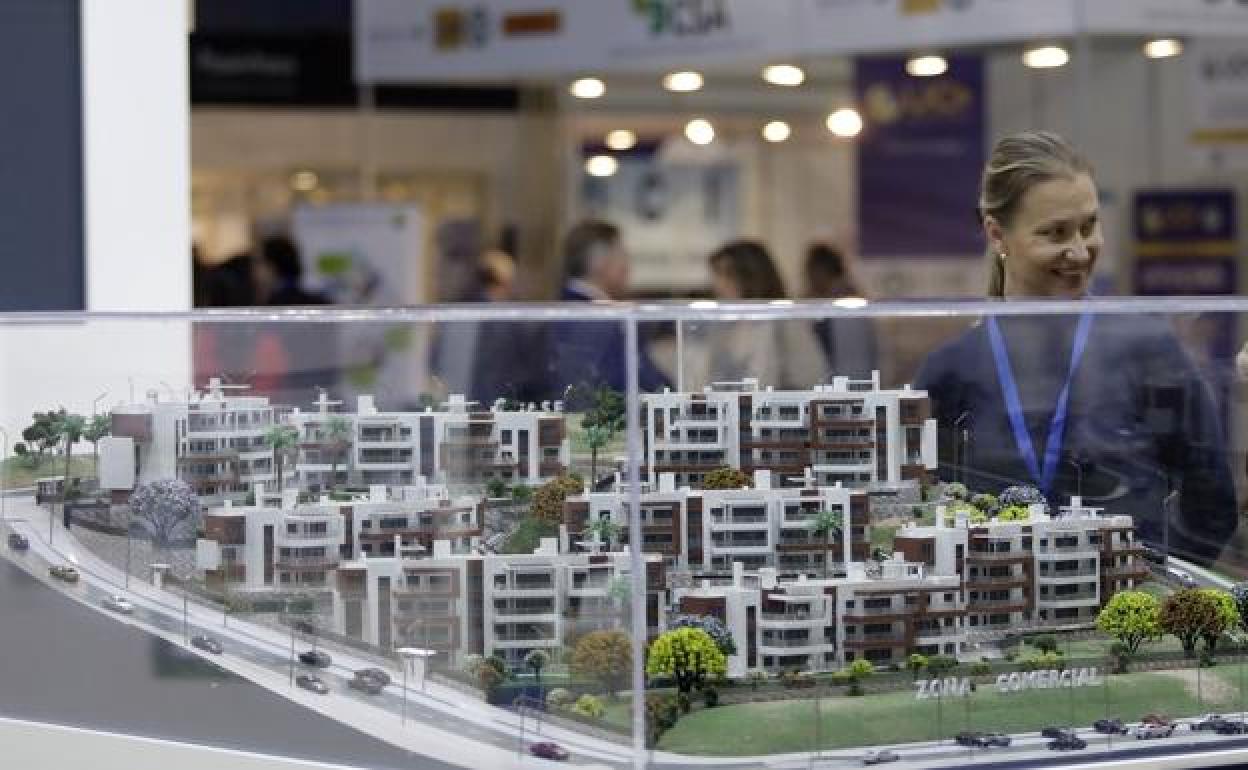Mortgage market slows down in Malaga as the Euribor approaches 3%
The index stands at 2.83%, increasing the average annual payment by around 3,000 euros
NURIA TRIGUERO
Friday, 9 December 2022, 11:14
The Euribor ended the month of November above 2.8%, anticipating a more than likely breach of the psychological threshold of 3% before the end of the year. The dizzying rise in this index since March has slowed down (the average for October was 2.629%), but the European Central Bank could raise the rate following its 15 December meeting.
The average Euribor rate for November was 2.83%. For an average loan of 150,000 euros, taken out over 25 years with an interest rate of Euribor plus 1%, monthly repayments increased by 245 euros, almost 3,000 euros more per year. This rise is in stark contrast to a year ago when the Euribor was around -0.5%.
"Looking ahead, the European Central Bank is expected to raise rates again at its next meeting on 15 December: at least to 2.5%. Given that the Euribor has historically traded between 0.5 and one percentage point above the ECB's interest rate, we see it as very likely that this rate will close the year at around 3% or above," HelpMyCash said.
There are two factors that will mark the evolution of the Euribor in the short term. The first is inflation: if it remains very high over the coming months, the ECB will have to keep raising rates to contain it. Therefore, the Euribor will continue to rise. On the other hand, if inflation falls, the regulator may stagnate or reduce its rates, which will lower the value of the Euribor.
The second factor is the performance of the European economy. If the euro zone goes into recession, the ECB will have to make an important decision: keep its rates high to contain inflation or lower them to stimulate the economy.
Therefore, the evolution of the war in Ukraine will have a decisive influence on the evolution of the Euribor because if the conflict takes a long time to be resolved, inflation will remain high. On the other hand, if it ends in the coming months, the situation could normalise and inflation could fall.
The rise in the Euribor has already caused a slowdown in the granting of mortgages from the end of the summer, according to the statistics on loans signed. After the first eight months of the year, which have seen strong year-on-year growth in the number of mortgages taken out, in September the trend changed.
On a national level, compared to the 10.5% increase recorded in August, the growth in the number of mortgages on homes in September was limited to 4%. In Malaga this change in trend has been even more abrupt, with 7% fewer mortgages signed in September this year compared to 2021.
